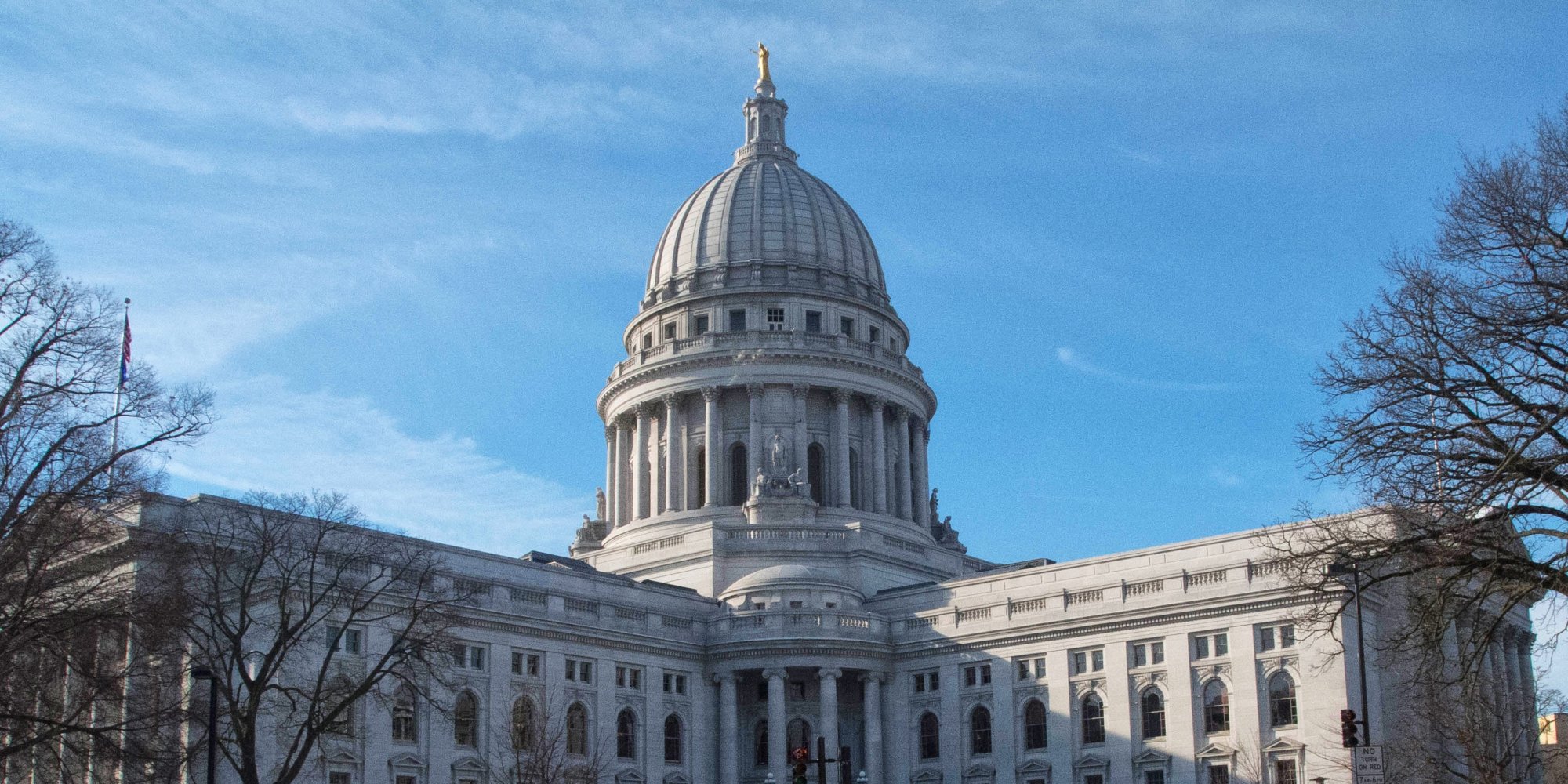Business & Commercial
Businesses of all shapes and sizes must follow sound legal practices in organizing, operating, and managing their affairs. From the initial choice of entity to the many details that arise in the normal course of operations, solid legal guidance is critical to the success of any business.
Business And Commercial Law
I assist clients in a broad range of business and commercial matters, including:
- Selecting and organizing a business form (sole proprietorship, partnership, limited liability company, limited liability partnership)
- Business governance (board meetings, elections, directors, officers, and shareholder matters)
- Reviewing, drafting, and negotiating effective contracts relating to sales, leases, and other business objectives
- Buying and selling a business
Nonprofit Governance
Not-for-profit charitable organizations play an enormously valuable role in our society. These organizations frequently support educational, artistic, musical, and other important societal goals that enrich our lives. I have had the privilege of serving on the boards of many such organizations over numerous years.
There are many areas in which non-profit organizations must be very careful and follow sound legal guidance in order to navigate successfully through applicable state and federal regulations. Some of the areas in which I have assisted non-profit organizations include:
- Securing recognition of tax-exempt status under section 501(c)(3) and other related sections of the Internal Revenue Code and related state statutes.
- Ensuring compliance with state and federal regulations on non-profit organizations and charities
- Advising how to achieve business interests of non-profit organizations while protecting its tax-exempt status.
Intellectual Property
Intellectual Property (often called “IP”) refers to products of the human intellect that receive protection through a variety of federal and state laws. Common types of intellectual property include creative works, processes, imagery, inventions and services.
The most frequently-encountered laws that protect this type of property include copyright, trademark, trade secret, and patent.
- Copyright law typically protects expressions of original creative ideas such as songs, books, photography, artwork, writing, motion pictures, architecture, software, video games.
- Trademark law typically protects words, phrases, names, logos, designs, and slogans with marketing significance that identify their owner’s goods or services. A common example would be the classic golden arches that immediately call to mind the McDonald’s restaurant chain.
- Patent law generally protects new inventions, such as machines, processes, and devices. Patents may also be granted for non-functional, ornamental designs and even certain types of plants.
- Trade secret law governs the protection of secret, including confidential designs, recipes, formulas, processes, or inventions. A good example of a trade secret are the ingredients in Coca-Cola.
The law establishes a complex set of rules for registering and administering intellectual property, selling and licensing intellectual property, as well as resolving disputes between persons and/or businesses who are claimed to be making or using the same intellectual property.










